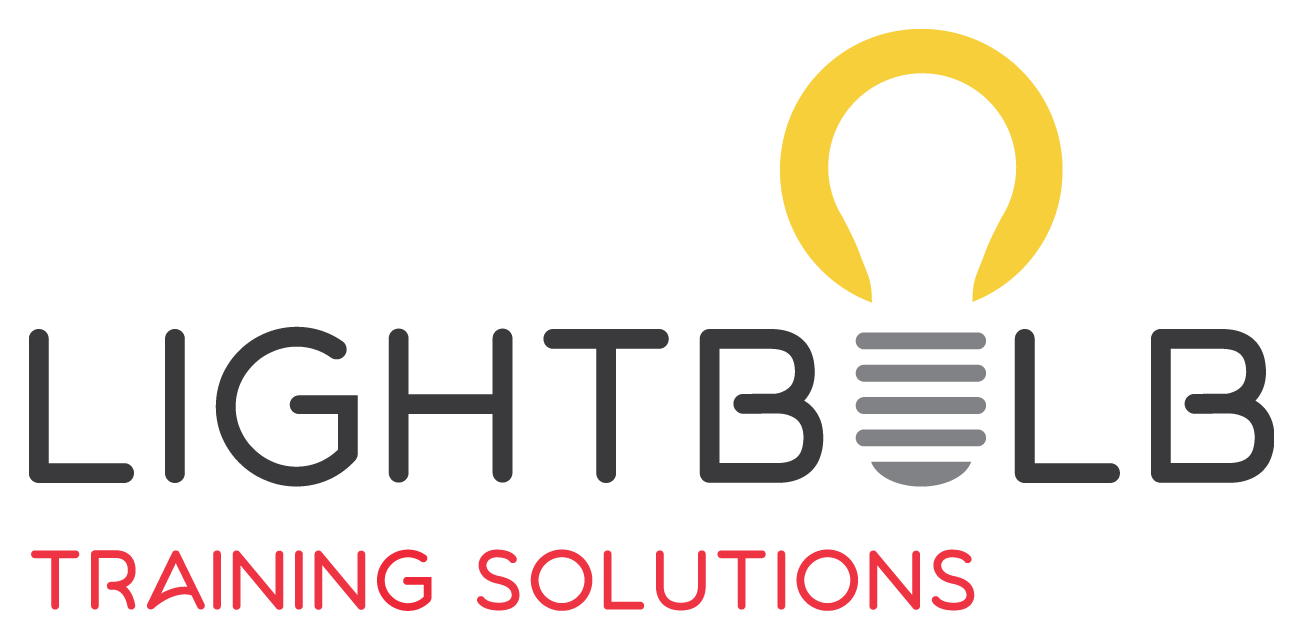Teamwork: When Dream Work Feels Like Hard Work
It’s time for me to confess. I used to find teamwork hard work. Not the tasks themselves—I could handle those. It was the people that made it tricky. Some rattled my cage, some pushed my buttons, and others exhausted me with their never-ending chatter. And don’t even get me started on the motivational team slogans that were supposed to bring us all together.
You know the ones:
🚂 “Get on the train to Success Town!”
🔠 “There’s no I in team.”
🤝 “Surrender the ME for WE.” (Why does ‘WE’ get everything?)
✨ “Teamwork makes the dream work.”
💪 “In union, there is strength.”
For some people, these phrases are deeply motivating. For me, they just reminded me that teamwork is not always easy. And while I enjoyed working with some colleagues, there were always a few I didn’t quite “click” with—and, if I’m being honest, a couple I could have clocked (but, of course, never did).
So why do we struggle with teamwork, and more importantly, how can we make it work—even when we’d rather work alone?
Challenge 1: "I don’t like everyone on my team."
In any workplace, you’re bound to come across people you wouldn’t voluntarily spend time with outside of work. Maybe they talk too much, too little, or just rub you the wrong way.
Solution: You don’t have to like everyone, but you do have to work with them. Instead of focusing on personality clashes, shift your attention to what each person brings to the team. That chatty colleague? They’re probably great at handling customer complaints. The quiet one? They might be a genius at solving problems behind the scenes.
Example:
You’re paired with Steve, who insists on telling you his entire life story before every shift. Rather than tuning out, find one thing he says that’s actually useful—maybe he’s got a great way of handling difficult customers. A small shift in perspective can make even the most energetic teammate more bearable.
Challenge 2: "We don’t communicate well."
Miscommunication is one of the biggest teamwork killers. Assumptions are made, emails are ignored, and before you know it, you’re in a silent standoff over who was supposed to call the supplier.
Solution: Set clear expectations and check in with each other. If you’re not sure, ask. If you think someone else might not be sure, clarify. And for the love of stress levels, don’t rely solely on email for everything—sometimes a quick face-to-face chat (or even a well-placed sticky note) can prevent a week’s worth of confusion.
Example:
Emma assumes that Jack will follow up with a customer. Jack assumes Emma will do it. The customer? Assumes the business doesn’t care. A 30-second conversation could have saved the day.
Challenge 3: "Some people don’t pull their weight."
Every team has that person—the one who always seems to disappear when there’s hard work to be done. They have a sixth sense for avoiding tasks, and their best skill is looking busy while achieving absolutely nothing.
Solution: Before you explode, take a step back. Is this a case of won’t or can’t? Some people genuinely don’t realise they’re not contributing enough, while others might not have the confidence or skills to step up. A direct but friendly conversation can help. If that doesn’t work, involve a manager—because no one likes carrying dead weight forever.
Example:
Instead of saying, “Why am I doing all the work while you scroll your phone?” try, “Hey, we need to get these orders packed before 4pm—can you handle the invoices while I sort the stock?” This gives them a clear task and lets them know you’ve noticed their lack of effort.
Challenge 4: "We’re all different."
Some team members like to plan every detail; others prefer to “wing it.” Some need structure; others thrive in chaos. Finding common ground can be a challenge.
Solution: Accept that people work differently—and play to each other’s strengths. If one person is great at thinking big and another is fantastic at making lists, let them handle those roles. If someone needs a structured schedule and someone else prefers flexibility, find a compromise. The best teams balance each other out.
Example:
Lisa is a planner. Tom is more of a “figure it out as we go” guy. Instead of arguing over their approaches, Lisa creates a framework, and Tom jumps in with creative solutions when things don’t go to plan. Everyone wins!
Teamwork Doesn’t Mean Best Friends—It Means Best Results
At the end of the day, teamwork isn’t about forcing friendships or pretending to love every minute of working together. It’s about finding ways to work effectively despite differences. You don’t have to love every team member—you just have to respect what they bring to the table (even if what they bring is an excessive amount of personal stories).
Want to build a stronger, more cohesive team in your workplace? At Lightbulb Training Solutions, we help teams develop the communication, collaboration, and customer service skills that turn “hard work” into teamwork.
📞 Contact us today to learn more about our customer service training!

